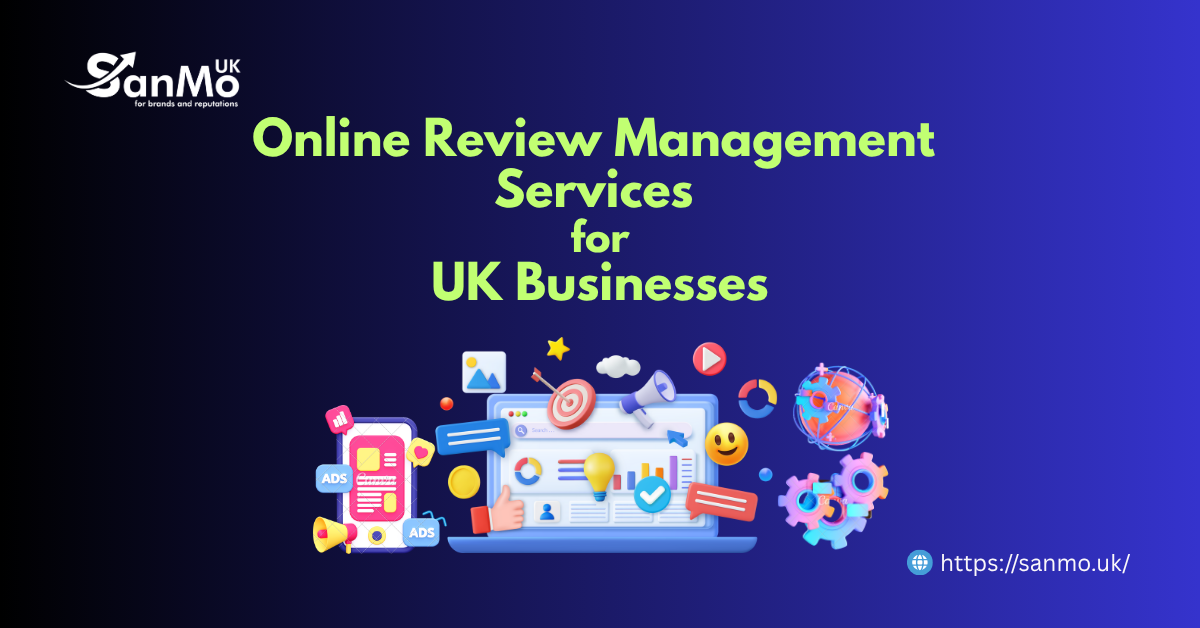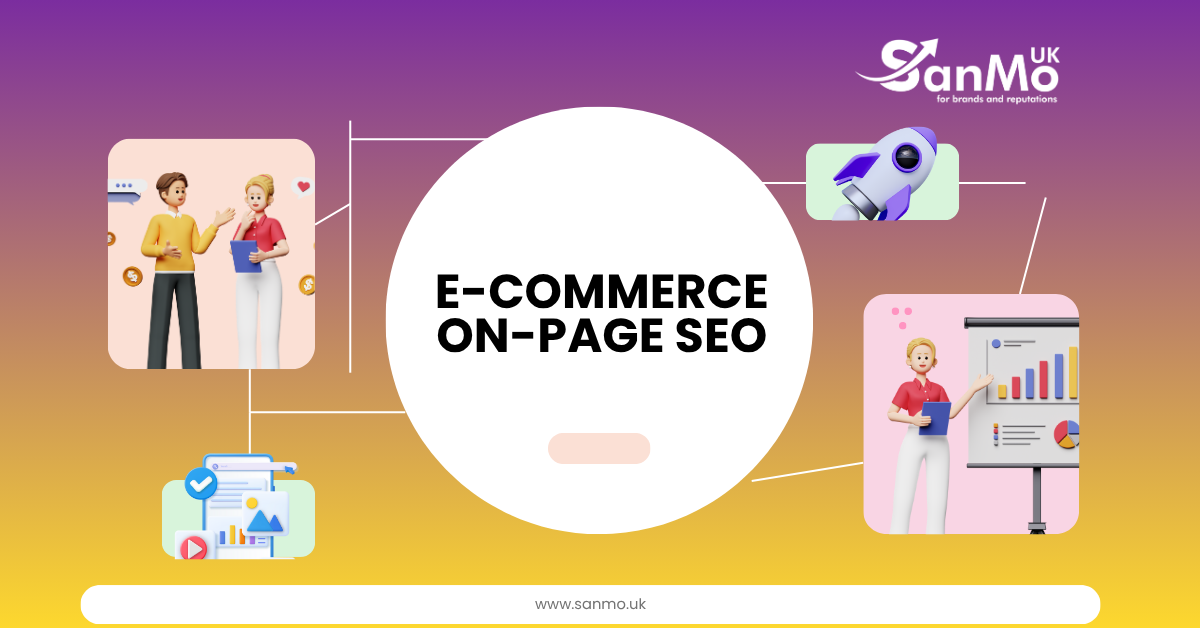Running a small business in the UK comes with numerous challenges, and managing payment processing while staying GDPR compliant remains one of the most significant hurdles. Since its introduction in 2018, the General Data Protection Regulation has fundamentally changed how businesses handle customer information.
Understanding GDPR in Payment Processing
When your business accepts payments, you’re collecting sensitive personal data. Names, addresses, card details—all fall under GDPR protection.
The regulation mandates that businesses must protect this information and use it only for legitimate purposes with proper consent.
Many small business owners worry about non-compliance penalties, which can reach up to £17.5 million or 4% of annual global turnover.
Yet compliance isn’t merely about avoiding fines; it’s about building customer trust.
Key GDPR Requirements for Payment Handling
Payment processing involves multiple compliance touchpoints. Your business must ensure proper data collection transparency by clearly explaining what information you’re collecting and why.
Customer consent requirements necessitate explicit permission before processing personal data.
Data minimisation principles require you to collect only what’s necessary. For example, if you only need an email address for a transaction confirmation, collecting phone numbers becomes excessive under GDPR.
Regarding data retention, payment information shouldn’t be stored indefinitely. Your business should establish and follow clear policies about how long card details and personal information remain in your systems.
Common Compliance Challenges for Small Businesses
Limited resources often prevent small businesses from developing robust compliance frameworks.
Many struggle with security measures implementation, particularly when using third-party payment processors.
Customer rights management presents another challenge. GDPR grants customers the right to access, correct, and delete their personal information.
Creating systems to honour these requests can be complex for smaller operations.
Documentation requirements add another layer of complexity. Your business must maintain records of processing activities and be prepared to demonstrate compliance if questioned by authorities.
Practical Steps Toward Compliance
Start with a thorough data audit. Identify all payment data collection points and determine what happens to this information throughout its lifecycle.
Working with GDPR-compliant payment partners significantly reduces your compliance burden. These partners have already implemented necessary security measures and can help you meet regulatory requirements.
Staff training remains essential. Everyone handling customer data should understand GDPR basics and your specific compliance procedures.
Regular security assessments help identify vulnerabilities before they lead to breaches. Consider periodic reviews of your payment processing systems to ensure ongoing compliance.
How Sanmo Helps Small Businesses with GDPR Compliance
Our payment gateway solutions at Sanmo were built with GDPR compliance as a fundamental design principle.
We understand the unique challenges facing UK small businesses and have developed systems that simplify compliance.
Our platform features end-to-end encryption for all payment data, ensuring sensitive information remains protected throughout the transaction process.
We implement strict data minimisation practices, collecting only essential information needed for processing payments.
Sanmo provides automatic compliance documentation, generating records that satisfy GDPR requirements without additional work from your team.
Our transparent data processing agreements clearly outline responsibilities between your business and our service.
For customer rights management, we offer built-in tools that help you respond efficiently to access and deletion requests. These features save valuable time while ensuring you meet GDPR obligations.
Beyond Basic Compliance: Building Trust
GDPR compliance extends beyond legal requirements—it’s about establishing trust. When customers see that your business takes data protection seriously, they feel more confident sharing their information.
Transparency about your data practices demonstrates integrity. Consider publishing simplified versions of your privacy policies where customers can easily understand how you protect their information.
Responding promptly to customer concerns about data handling shows respect for their rights and builds lasting relationships.
This approach transforms GDPR compliance from a regulatory burden into a business advantage.
Moving Forward
Payment processing and data protection regulations continue to evolve. Staying informed about regulatory changes helps your business remain compliant and competitive.
Industry associations and regulatory websites provide valuable updates on emerging requirements.
Periodic compliance reviews should become part of your regular business operations. As your business grows and changes, so too will your data handling practices and compliance needs.
GDPR compliance may seem daunting, but with the right approach and partners, it becomes manageable even for small businesses with limited resources.
By implementing thoughtful data protection measures and working with compliant service providers like Sanmo, your business can meet regulatory requirements while building stronger customer relationships.
For personalised guidance on navigating GDPR requirements while streamlining your payment processes, contact our team at Sanmo today. We’re committed to helping UK small businesses thrive in today’s complex regulatory environment.








